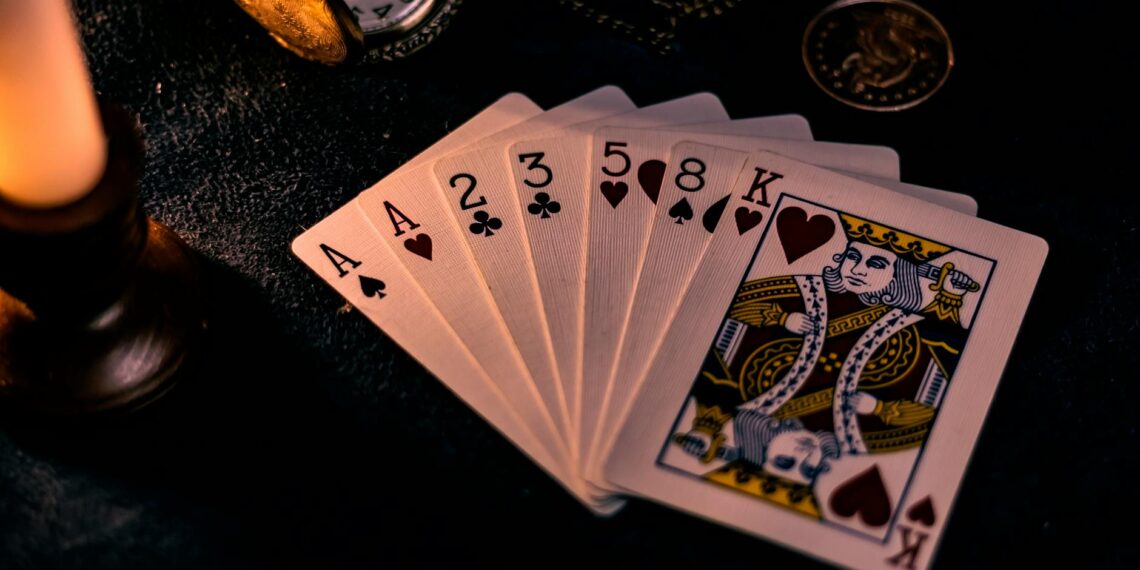If you’re noticing coin-shaped rashes on your skin, you might be experiencing nummular eczema, also known as discoid eczema or nummular dermatitis. The word “nummular” comes from the Latin word for “coin,” reflecting the appearance of these rashes.
Nummular eczema is a chronic inflammatory skin condition characterized by intensely itchy, round or oval-shaped patches on the skin. These patches can ooze clear fluid, become crusty, and may be red, pink, brown, or even purplish depending on your skin tone.
Where can it appear?
While nummular eczema can occur anywhere on the body, it most commonly affects the arms, legs, hands, and torso. It can manifest as a single patch or multiple patches scattered across the skin.
The exact cause of nummular eczema is not fully understood, but it is believed to be linked to a combination of genetic predisposition, environmental factors, and immune system dysfunction. Some potential triggers and risk factors include:
- Dry or sensitive skin: People with naturally dry skin are more susceptible.
- Skin injury: Burns, scrapes, or even insect bites can trigger a flare-up.
- Allergies: Contact with certain allergens like metals (nickel, cobalt), or even airborne allergens, may play a role.
- Irritants: Harsh soaps, detergents, and rough fabrics like wool can aggravate the condition.
- Environmental factors: Cold, dry weather and changes in humidity levels can make symptoms worse.
- Stress: High stress levels can contribute to flare-ups.
- Certain medications: Drugs like interferon, statins, or isotretinoin can sometimes lead to nummular eczema.
- Poor blood flow to the legs: This can also be a contributing factor, especially in older individuals.
No, nummular eczema is not contagious. You cannot spread it to others or other parts of your body through direct contact.
If you are experiencing symptoms of nummular eczema or any unusual rashes, it’s crucial to consult a healthcare professional, especially a dermatologist, for proper diagnosis and treatment.
Nummular eczema can sometimes be mistaken for other skin conditions, particularly ringworm, a common fungal infection. While both can cause itchy, circular patches, there are key differences:
- Cause: Ringworm is caused by a fungus, while nummular eczema is an inflammatory skin condition and not a fungal infection.
- Appearance: Ringworm often presents as a ring-shaped rash with a clear center and well-defined, scaly edges, whereas nummular eczema patches are typically more solid or may have small bumps and blisters.
- Contagion: Ringworm is contagious, meaning it can spread through direct contact, whereas nummular eczema is not.
A dermatologist can differentiate between these conditions through visual examination, by asking about your medical history, and sometimes through tests like skin scrapings or biopsies.
While there is no cure for nummular eczema, effective treatments can help manage symptoms, reduce inflammation, and prevent future flare-ups. Treatment options may include:
- Topical Corticosteroids: Creams or ointments with corticosteroids can reduce inflammation and itching.
- Topical Calcineurin Inhibitors: These medications, like tacrolimus or pimecrolimus, help quiet the immune response.
- Antibiotics: If a bacterial infection is present, antibiotics (topical or oral) may be prescribed.
- Antihistamines: These can help relieve severe itching, especially at night.
- Phototherapy (Light Therapy): In some cases, ultraviolet light therapy can be used to treat the condition.
- Wet Wrap Therapy: This involves applying medication and wrapping the affected areas with wet bandages to soothe and hydrate the skin.
In addition to medical treatments, some lifestyle changes and self-care practices can help manage nummular eczema:
- Moisturize regularly: Apply a thick, fragrance-free moisturizer to damp skin after showering and throughout the day.
- Lukewarm showers: Avoid hot showers, which can dry out the skin.
- Gentle soaps: Use mild, fragrance-free cleansers.
- Avoid triggers: Identify and avoid irritants like harsh soaps, wool, and certain chemicals.
- Manage stress: Engage in stress-relieving activities like yoga, meditation, or spending time in nature.
- Humidifier: Use a humidifier to add moisture to the air in your home, especially during dry seasons.
- Avoid scratching: Scratching can worsen the condition and lead to infections; try wet wraps or ice packs for itch relief.
- Loose clothing: Wear loose, soft clothing to minimize skin irritation.
By working closely with your doctor and implementing appropriate self-care strategies, you can effectively manage nummular eczema and improve your quality of life.









What is a coin like skin rash?
Good point! Nummular eczema is a skin condition that causes raised, coin-shaped lesions on your skin. If you have any unusual spots on your skin, talk to a healthcare provider such as a dermatologist. They can differentiate between fungal infections such as ringworm, chronic problems such as eczema and other skin conditions.
What is a coin like lesion on the skin?
Nummular (coin-shaped) dermatitis is round areas of itchy red sores or dry skin. It can be an isolated lesion, or appear in several areas of the body. It can occur after trauma to the skin, or without a trigger. It is a chronic rash that most commonly affects middle-aged people and is more common in the winter.
What is a dime-sized circle rash?
Great question! Nummular eczema, also known as discoid eczema, is a disorder that causes coin-shaped patches of itchy, swollen skin to appear. This type of eczema occurs mainly on hands, arms, or legs and sometimes on the trunk. Ringworm and nummular eczema both look similar because of a circular rash pattern.